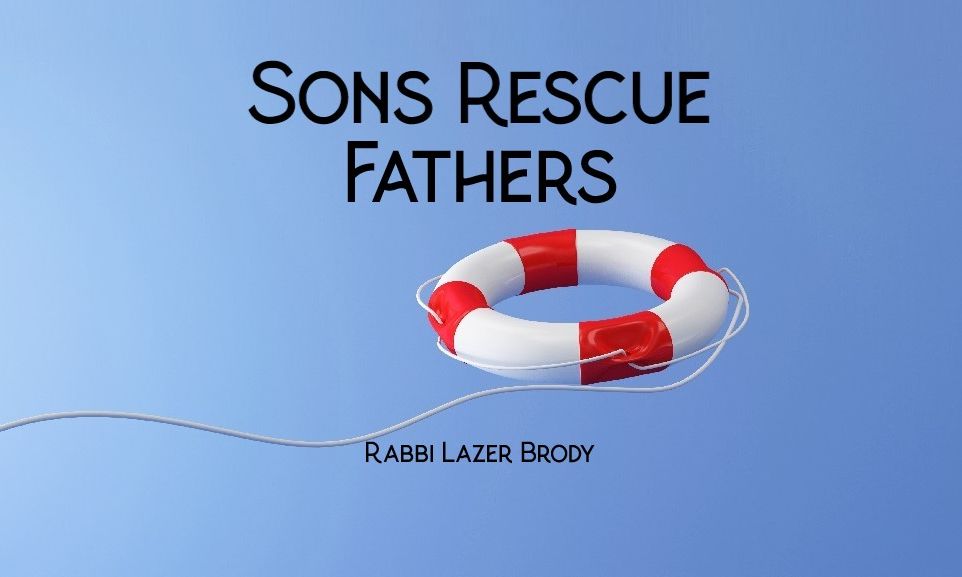
Pinchas: Sons Rescue Fathers
Rashi says that in the case of the apportioning of the Land of Israel, the deceased inherit from the living. Does this principle apply elsewhere in Judaism?

“…each one according to his count shall his inheritance be given. Only by lottery shall the Land be divided, according to the names of their fathers’ clans shall they inherit…”(Numbers 26:54-55).
In explaining the unique way that the Land of Israel was parceled among the twelve tribes, Rashi says, “This inheritance was different than all other inheritances in the Torah, for in the other inheritances, the living inherit from the deceased, but here, the deceased inherit from the living.”
Two questions arise: first, how can the deceased possibly inherit from the living? And second, does this principle apply only to the apportioning of the Land of Israel, or do we see it elsewhere in Judaism?
Hashem had Moses take a census of the Jewish People, as we see in the beginning of the Book of Numbers, for the purpose of parceling the Land of Israel. Each tribe would receive its section of the Land by way of a lottery, yet each family or clan within the tribe would receive its allotment according to the size of the clan. For example, the tribe of Naftali received their tribal allotment of land in the Upper Galilee. Their allotment was parceled among the offspring of Naftali’s four sons – Jahzeel, Guni, Jezerת and Shillem, who are referred to as the Jahzeelite clan, the Gunite clan, the Jezerite clan and the Shillemite clan. By the time the Jewish People left Egypt and entered the Land of Israel forty years later, Naftali’s four sons had left the physical world long before. Yet, they left tens of thousands of offspring. Even though these offspring conquered the Land of Israel with  Joshua and then settled in their tribal lands, their parcel was named after their deceased great-grandfather, the head of the clan. In this manner, the deceased inherited from the living.
Joshua and then settled in their tribal lands, their parcel was named after their deceased great-grandfather, the head of the clan. In this manner, the deceased inherited from the living.
The principle of the deceased inheriting from the living is still very much alive in Judaism. The deceased souls actually inherit spiritual riches from their living offspring. The Gemara says, “A son bequeaths merit to a father”[1], even though the son is alive and the father is deceased. Rabbi Eliahu di Vidash writes[2], “The sons’ rescuing of their fathers is greater than the fathers’ rescuing of the sons; fathers can only rescue their sons from tribulations in this world, but they cannot save them from Judgment Day and the decree of Gehinnom[3]. But sons, whether old or young, can save their fathers from the decree of Gehinnom.” The source of this teaching is a story in the Zohar: Rebbe Akiva saw that the soul of a wood-chopper was suffering terribly in Purgatory. He found out that a derelict little boy was the wood-chopper’s orphaned son. Rebbe Akiva taught the little boy Torah and how to say Kaddish, and the father’s soul was saved from Purgatory.
Rabbi Yitzchak Yosef shlit’a stresses[4], “The main gratification that a person brings to his deceased parents is by learning Torah. Without daily Torah learning, the benefit of Kaddish is minor, therefore, one must strengthen himself in Torah learning.” Rabbi Yosef cites the will and testament of the Ridbaz (Rabbi Yaakov Dovid Wilovsky) osb”m, who wrote to his sons, “You won’t bring my soul gratification by saying Kaddish without learning Gemara – beware of this.” He also notes that learning Torah is seven times more powerful than Kaddish, for while Kaddish is a way that the unlearned masses can save their parents from the decree of Gehinnom, the offspring’s Torah learning earns their parents a place in Gan Eden. And, if the offspring generate nuances of Torah, there is no limit to the prestige that is given to their parents in the Heavenly realm.
In light of the above, it is clear how the Gemara can promise that anyone who raises his children in Torah will inherit the World to Come[5]. Even if the parents didn’t live the most righteous lifestyle, if they raised their children in Torah, they will inherit the merit of their children. Even greater, the more the living children learn Torah and observe mitzvot, the higher the deceased parents rise in the upper worlds. In other words, their souls receive more and more amenities and improved conditions by virtue of their offspring’s Torah and mitzvot.
My beloved rabbi and teacher Rav Shalom Arush shlit’a told me that the greatest favor a person can do for a deceased parent or grandparent is to spread emuna in their behalf. The reward for bringing people closer to Hashem is unfathomable. Not only do the deceased inherit unfathomable rewards from the living, but in the case of spreading emuna, the living invoke upon themselves every single blessing of material and spiritual abundance.
So as we see, in the case of Torah learning and Emuna Outreach, the deceased inherit priceless gifts from the living. When we increase and strengthen our Torah learning and our spreading of emuna, we are able to show our gratitude to the previous generations who are no longer with us. And, when we do for our parents, our children will do for us.


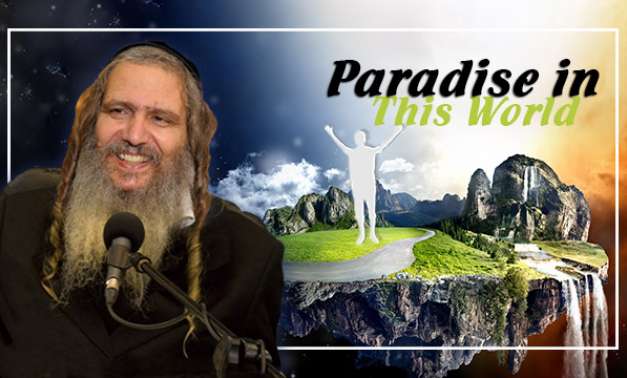
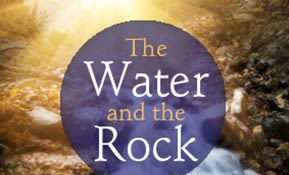



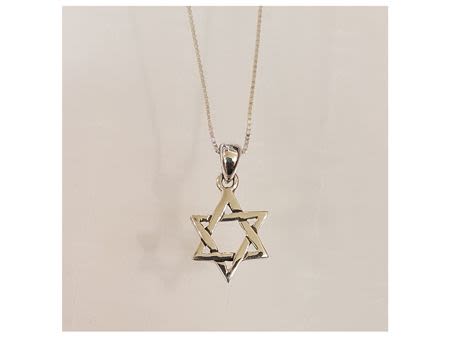
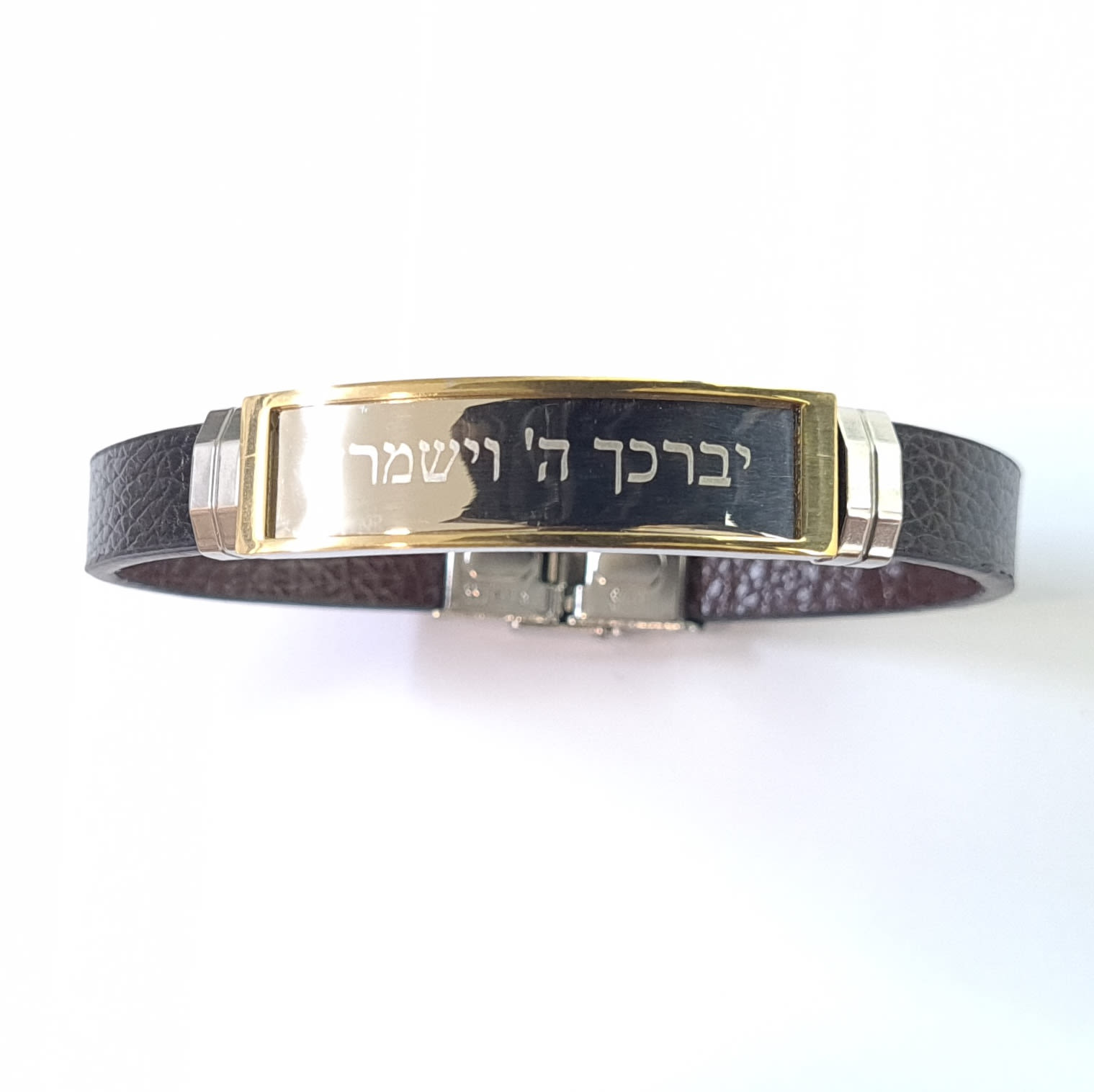
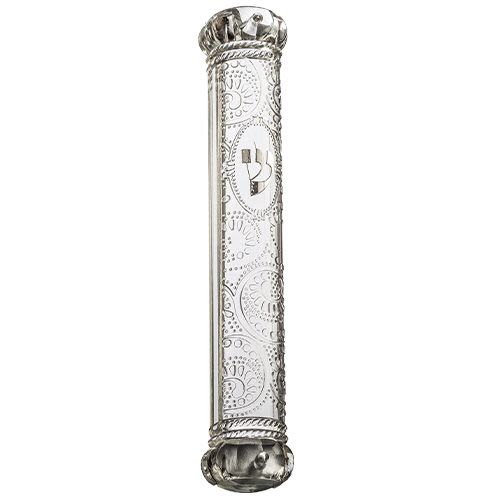
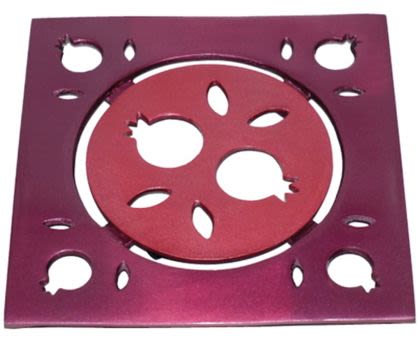
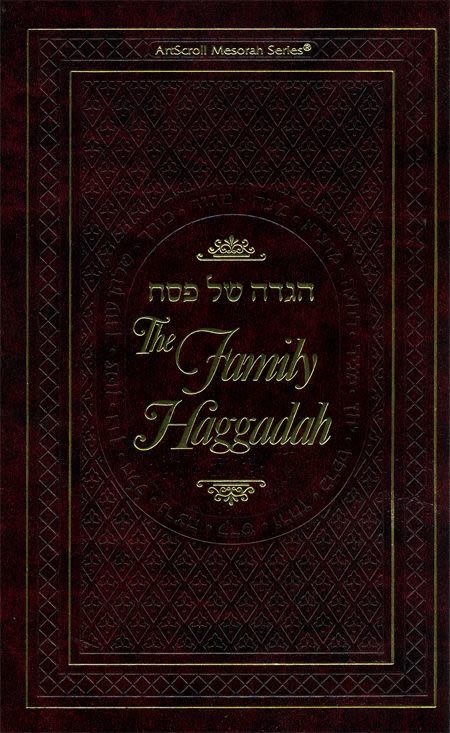
Tell us what you think!
Thank you for your comment!
It will be published after approval by the Editor.